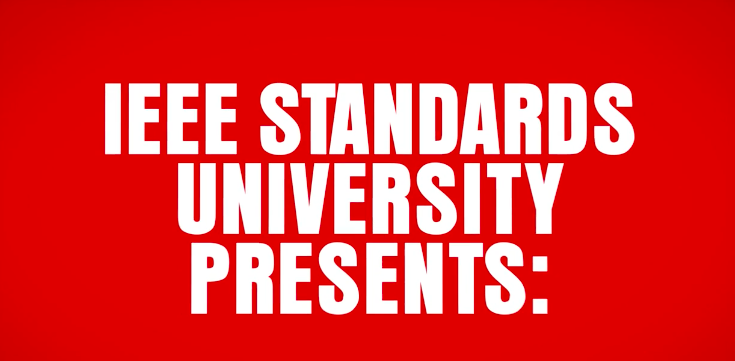We know that standards are developed through consensus and that the relationship between society and technology is highly complex and involves continual sharpening of each other. As much as technology has played an important role in evolving our global community, people often worry that we are addicted to tech such as our phones, social media or GPS. This concept is at the heart of Andrew L. Russell’s book, Open Standards and the Digital Age: History, Ideology, and Networks.
Russell, Dean of the College of Arts & Sciences at SUNY Polytechnic Institute, takes readers through an interdisciplinary history of information networks that pays close attention to the modern politics of standardization. The primary focus of the book is on the larger concept of how openness became a foundational value for networks of the twenty-first century.
In looking at that, Russell examines our reliance on technology and how that reliance has shaped society at large. His findings include digging into the relationship between technology and society, how they are reliant on each other, and their constant interaction. Through his research, Russell found that at various points throughout the twentieth century there existed a very close correlation between engineers and societal values they expressed. Because of that, they developed technology based on those values. At other points, those connections were less correlated. In those times, people worried that the technology had a momentum of its own.
Because today we are connected via mobile devices to the internet 24/7, there is a growing concern that society is “addicted” to various technologies. Have we lost total control? On a larger scale, corporations and countries have been able to push technology or influence society, particularly when it comes to military technological innovations. However, there is a predictable progression regarding standards and how they fit into the technological shift.
In the beginning of a new technology, there are no standards. As both the technology and the social interactions between designers mature, we see patterns, routines, and standards float to the surface. While the way technology and society work together varies, the way standards work with accompanying the technology doesn’t.
Learn more about Russell’s book and how the “rhetoric of openness has flourished” by ordering a copy of Open Standards and the Digital Age: History, Ideology, and Networks.
In addition, our friends at IEEE have developed an excellent six-part series looking at the concepts of the book, and they are a great guide as you read.
What are your thoughts on the book? Do you think we as a society are addicted to technology or is technology necessary for our continued evolution as a species?

